Contáctenos
900.877.077
-
España
-
Internacional
-
 Albania
Albania
-
 Alemania
Alemania
-
 Austria
Austria
-
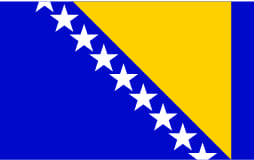 Bosnia & Herzegovina
Bosnia & Herzegovina
-
 Bulgaria
Bulgaria
-
 Chile
Chile
-
 China
China
-
 Corea del Sur
Corea del Sur
-
 Croacia
Croacia
-
 Ecuador
Ecuador
-
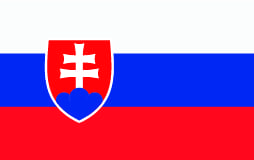 Eslovaquia
Eslovaquia
-
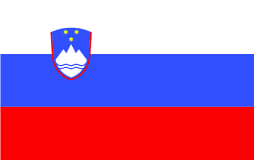 Eslovenia
Eslovenia
- España
-
 Estonia
Estonia
-
 Francia
Francia
-
 Hungría
Hungría
-
 Israel
Israel
-
 Italia
Italia
-
 kazajistán
kazajistán
-
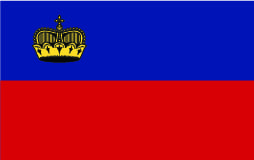 Liechtenstein
Liechtenstein
-
 Macedonia
Macedonia
-
 México
México
-
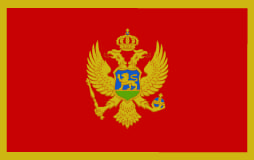 Montenegro
Montenegro
-
 Perú
Perú
-
 Polonia
Polonia
-
 Portugal
Portugal
-
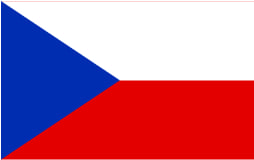 República Checa
República Checa
-
 Rumanía
Rumanía
-
 Rusia
Rusia
-
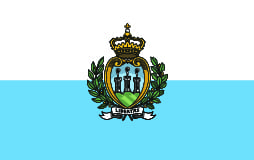 San Marino
San Marino
-
 Serbia
Serbia
-
 Suiza
Suiza
-
 Tailandía
Tailandía
-
 Turquía
Turquía
-
 Ucrania
Ucrania
-
 Vietnam
Vietnam